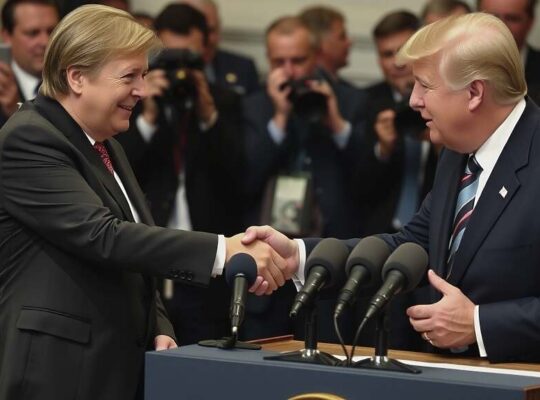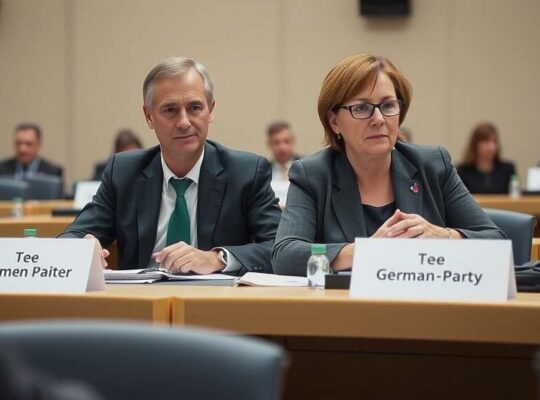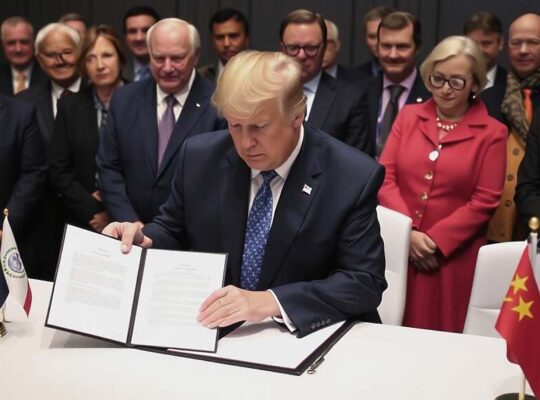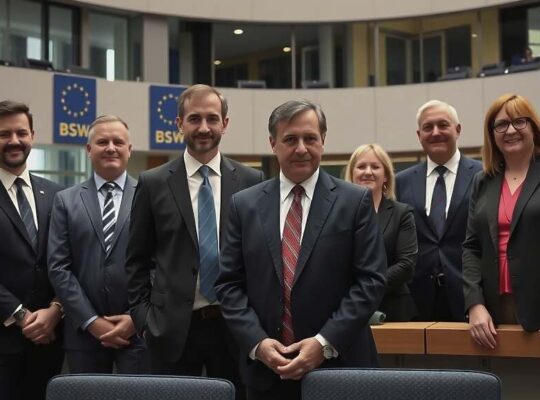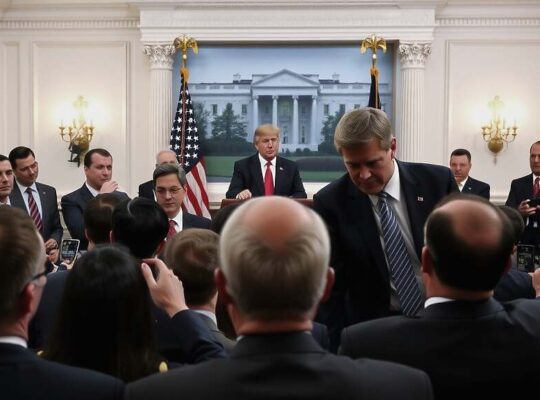The European Parliament is poised to introduce significant safeguards into the recently negotiated tariff agreement with the United States, signaling a growing unease within the EU regarding Washington’s trade practices and potential deviations from established regulatory frameworks. A draft report, spearheaded by European Parliament rapporteur Bernd Lange, reveals plans to suspend the deal if President Trump, or subsequent administrations, attempt to impose new tariffs or exert pressure to weaken EU product standards or the groundbreaking EU Digital Services Act (DSA) for US-based companies.
The proposed modifications, slated for publication in German newspapers this week, seek to address a growing perception of instability surrounding the agreement. Crucially, the tariff accord would be limited to an 18-month term, with mandatory reviews scheduled after six and twelve months to assess its impact on European businesses. The arrangement also stipulates that zero-tariff access for steel and aluminum exports to the US will remain contingent upon the complete reversal of previously imposed 50% tariffs on 407 steel and aluminum derivatives.
Beyond revocation of existing duties, the new framework proposes a dynamic response mechanism. Should US exports of any product to the EU increase beyond a 10% threshold under the tariff-free arrangement, additional tariff-free quotas will be implemented to safeguard the European market.
Lange acknowledges that the modifications are anticipated to draw considerable criticism from the US government, but insists a firm stance is necessary. “If Trump protests, we will push back” he stated, emphasizing a commitment to upholding the agreement’s integrity. The rapporteur downplayed fears that Washington might retaliate, asserting “Deal is Deal.
The impetus for these revisions stems from concerns regarding Trump’s past actions, including the imposition of additional tariffs and veiled threats of further levies, alongside attempts to secure exemptions from EU regulations for American corporations. Lange expressed apprehension about the potential for escalation, stating, “We do not know what Trump still has up his sleeve”. The core issue, according to Lange, is a lack of predictability and security within the current agreement – a situation that necessitates compelling the US to adhere to agreed-upon rules and regulations. The move reflects a growing determination within the European Parliament to ensure trade agreements serve the interests of European businesses and regulatory autonomy, even if it necessitates a confrontation with Washington.






